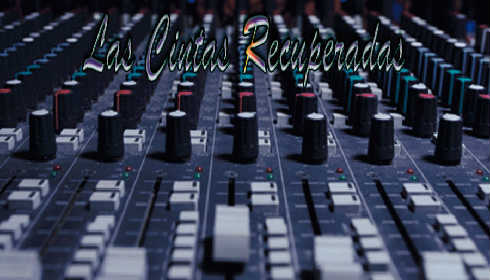 1.Rest Enough (Song to Mother)
1.Rest Enough (Song to Mother)2.Prayer, A
3.All God's Children Got a Home in the Universe
4.Lady, The
5.Cry of My People, The
6.African Drum Suite Part 1
7.African Drum Suite Part 1
8.Come Sunday.
Recorded at Allegro Sound Studios, New York, New York on September 25-27, 1972. Originally released on Impulse (9231).
Archie Shepp (tenor saxophone); Peggie Blue, Joe Lee Wilson, Andre Franklin (vocals); Charles McGhee (trumpet); ... Full DescriptionCharles Greenlee, Charles Stephens (trombone); Leroy Jenkins, Lois Siessinger, Gayle Dixon, John Blake (violin); Esther Mellon, Patrica Dixon (cello); Harold Mabern, Jr., Dave Burrell (piano); Cornell Dupree (guitar); Ron Carter, James Garrison (bass); Bernard Purdie, Beaver Harris (drums); Nene DeFense (tambourine, percussion); Judith White, Mary Stephens, Barbara White, Mildren Lane (background vocals).
Review by Thom Jurek
Recorded in 1972 with a core band of Leroy Jenkins, Cornell Dupree (!), Jimmy Garrison, and Charles McGhee, Shepp supplemented these proceedings in much the same way he did with the cast of Attica Blues, with gospel singers, big bands, quintets, sextets, and chamber orchestras, with guests that included Harold Mabern on piano, Bernard "Pretty" Purdie on drums, and Ron Carter on electric bass! Recorded during a period in which Shepp was reaching out of the jazz idiom to include all of what he perceived to be "trans-African" music at the time, there is gutbucket R&B here, as well as the sweetly soul gospel of "Rest Enough." The charts' arrangements are a combination of Ellington's more pastoral moods — usually expressed in his suites — and the more darkly complex modal stylings of George Russell. Unlike some of Shepp's dates from this period, the vocals do not detract from the mix employed here. This is an urban record that showcases Shepp's ability, at this time in his career, to literally take on any project, combine as many sources as he was permitted by his financial resources, and come up with something compelling, provocative, and soulful. All extremes are subsumed by the whole: The avant-garde free jazz of the period is covered in the large-ensemble playing, which is covered by the gospel and R&B stylings that are accented by the free jazz players. Shepp worked with many larger ensembles as a leader, but never did he achieve such a perfect balance as he did on The Cry of My People. Given that the remastered version — with excellent liner notes, superb sound, and a gorgeous package — is being issued during an election year in the United States, its poignancy and urgency couldn't be more timely.

The Cry of My PeopleArtist...............: Archie Shepp
ReplyDeleteAlbum................: Cry Of My People
Genre................: Jazz
Source...............: CD
Year.................: 2004
Ripper...............: EAC (Secure mode) / LAME 3.92 & Asus CD-S520
Codec................: LAME 3.98
Version..............: MPEG 1 Layer III
Quality..............: Extreme, (avg. bitrate: 219kbps)
Channels.............: Joint Stereo / 44100 hz
Playing Time.........: 00:43:08
Total Size...........: 67.53 MB